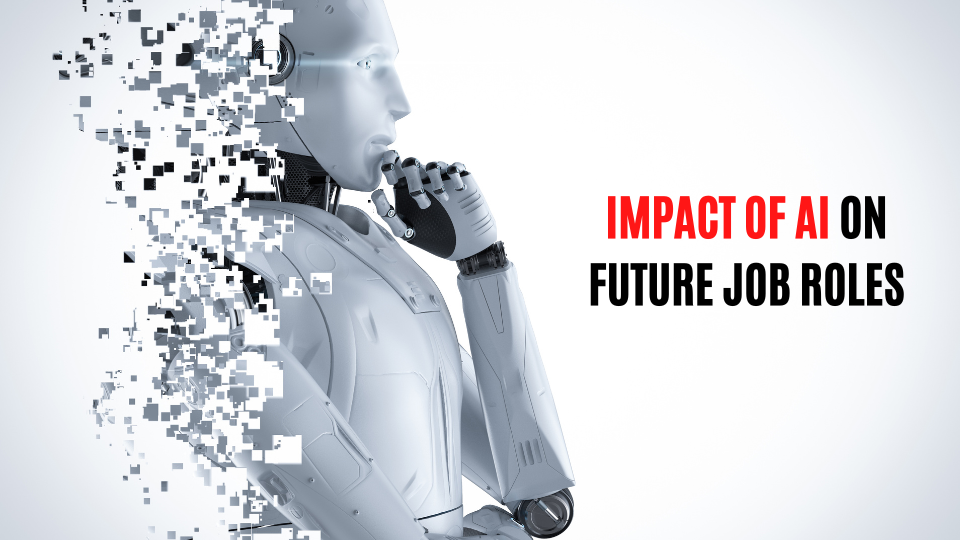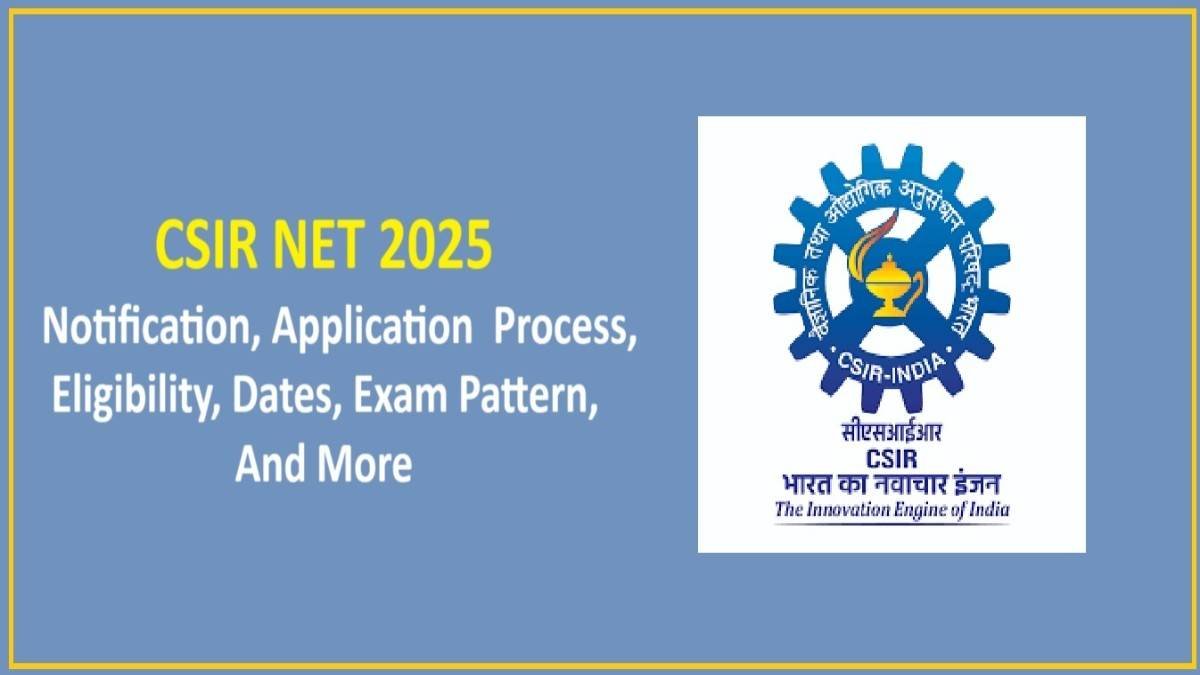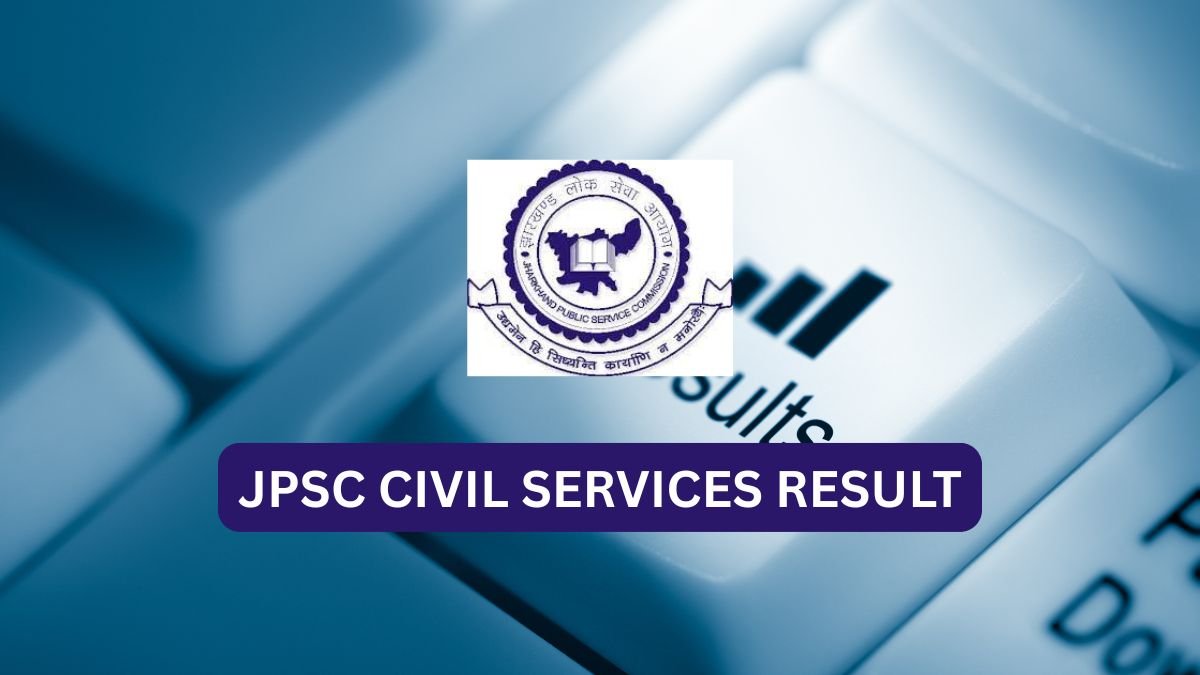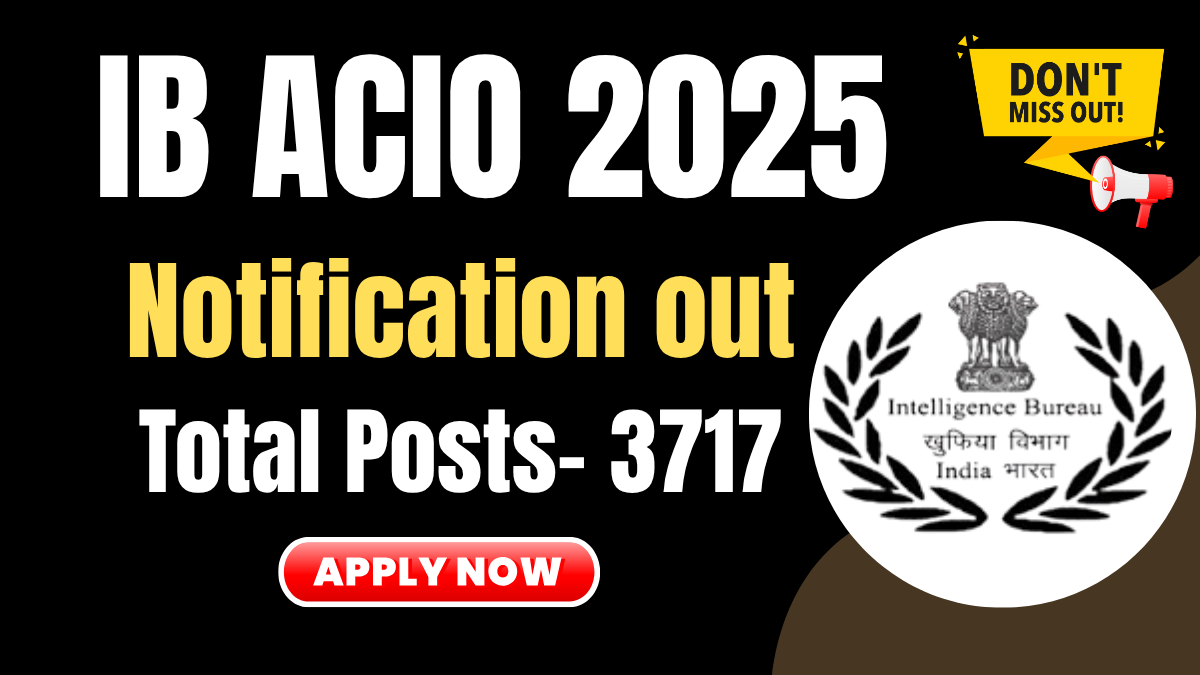
The Rise of AI: How ChatGPT is Transforming the Future of Work
ChatGPT and Beyond: How AI is Reshaping the Job Market
In a world increasingly driven by technology, artificial intelligence (AI) is no longer a futuristic concept—it's a present-day reality. Tools like ChatGPT, Copilot, and Midjourney are revolutionizing industries, shifting job roles, and forcing us to rethink traditional career paths. From automation to augmentation, AI is reshaping the job market in ways that bring both opportunities and challenges.
The AI Evolution: From Automation to Augmentation
Historically, the fear around automation has centered on job loss. Machines replaced factory workers, and software replaced many clerical roles. But with the rise of generative AI like ChatGPT, the conversation is evolving. Rather than fully replacing humans, AI is increasingly augmenting human capabilities—making professionals more efficient, creative, and productive.
For instance:
-
Writers now use AI to brainstorm, edit, and refine content.
-
Programmers rely on AI coding assistants like GitHub Copilot to write or debug code faster.
-
Customer support teams use AI chatbots to handle routine queries, allowing humans to focus on more complex interactions.
This shift from full automation to intelligent collaboration is creating a hybrid workforce—where humans and AI work side by side.
New Skills for the New Era
The most in-demand skills are changing rapidly. Previously, job seekers focused on domain expertise. Today, employers also look for AI fluency—an understanding of how to work with, manage, and even supervise AI systems.
Key emerging skills include:
-
Prompt Engineering: Crafting precise and strategic instructions for AI tools to generate desired outputs.
-
AI Literacy: Understanding the basic principles of machine learning, data ethics, and algorithmic bias.
-
Creative Thinking: Since AI handles repetitive tasks, uniquely human traits like storytelling, emotional intelligence, and problem-solving are gaining value.
Upskilling is no longer optional. Professionals need to continuously learn, adapt, and explore how AI can enhance their work, rather than compete with it.
Job Creation in the Age of AI
While AI displaces some roles, it also creates new job opportunities—often in roles that didn’t exist a few years ago. Some emerging career paths include:
-
AI Trainers: People who help AI models learn better by providing human feedback on outputs.
-
Ethical AI Officers: Professionals who ensure fairness, privacy, and responsible use of AI.
-
AI Product Managers: Experts who design and oversee AI-integrated features in digital products.
-
Data Labelers and Annotators: Critical roles for supervised machine learning models.
Moreover, industries like education, healthcare, and creative arts are seeing AI-enhanced growth. Teachers use AI to personalize lesson plans, doctors use AI for diagnostics, and artists use AI tools for idea generation and design.
Redefining Traditional Roles
Many traditional jobs are undergoing a transformation, not elimination. Here are a few examples:
-
Human Resources: AI tools now screen resumes, predict employee attrition, and even handle interview scheduling. However, HR professionals are still needed for nuanced decision-making, culture-building, and conflict resolution.
-
Marketing: AI can generate social media posts, emails, and customer insights. Yet, marketers must set brand strategy, understand consumer behavior, and ensure emotional resonance—tasks AI isn’t fully equipped for.
-
Finance and Accounting: Tools like QuickBooks and AI-powered forecasting are automating bookkeeping. But finance professionals remain crucial for interpreting data, making strategic recommendations, and managing risk.
The future of these roles lies in AI integration, not elimination.
The Freelance and Gig Economy Boom
With AI tools becoming more accessible, the freelance and gig economy is expanding. Individuals can now launch micro-businesses using minimal resources:
-
A solo creator can produce videos, write blogs, or design graphics using AI.
-
Freelancers can manage multiple clients with the help of automation tools.
-
Virtual assistants powered by AI are helping small businesses scale without hiring large teams.
This democratization of opportunity is helping many people monetize their creativity and skillsets in new ways.
Challenges in the AI Job Market
While the benefits are substantial, AI's impact also brings concerns:
-
Job Displacement: Especially in sectors reliant on routine tasks, workers face job loss if they don't upskill.
-
Wage Polarization: High-skilled workers see rising incomes, while low-skilled roles face downward pressure.
-
Algorithmic Bias: AI systems can reinforce biases if not properly audited and managed.
-
Mental Health Strain: The fast pace of change and fear of obsolescence can cause stress and anxiety among workers.
Addressing these challenges requires collaboration between governments, industries, and educational institutions to ensure inclusive growth and worker protections.
Education and Career Planning in the AI Age
The education system must evolve to prepare the next generation for AI-integrated jobs. This includes:
-
Teaching digital and AI literacy from an early age.
-
Promoting interdisciplinary learning that combines technical and soft skills.
-
Encouraging lifelong learning through online platforms, bootcamps, and certification programs.
For individuals planning their careers, it’s crucial to focus on:
-
Adaptability: Willingness to pivot as the market shifts.
-
Value Creation: Understanding where humans still outperform machines (e.g., empathy, ethics, judgment).
-
AI Tools Proficiency: Hands-on experience with tools like ChatGPT, Midjourney, or Copilot can be a strong differentiator.
Conclusion: Embrace the Shift, Don’t Resist It
AI isn’t just a tool—it’s a transformative force. While it will reshape the job market, those who embrace it, learn it, and adapt with it will find themselves ahead of the curve. The future belongs to those who can balance technological competence with human insight.
Whether you're a student, a mid-career professional, or an entrepreneur, now is the time to ask: How can I use AI to amplify my impact?
FAQs
1. Will AI replace my job?
Not necessarily. AI is more likely to change your job than replace it entirely. Roles that involve routine, repetitive tasks are more susceptible, but most jobs will evolve to include AI as a support tool. Upskilling and staying adaptable are key to staying relevant.
2. What industries are most affected by AI right now?
Industries seeing significant AI integration include:
-
Tech (software development, data science)
-
Marketing (content creation, ad optimization)
-
Finance (risk assessment, forecasting)
-
Customer Service (chatbots, virtual assistants)
-
Healthcare (diagnostics, patient monitoring)
However, nearly all industries will be touched by AI in some way.
3. How can I prepare for the AI-driven job market?
Start by:
-
Learning how to use AI tools relevant to your field (e.g., ChatGPT, Canva AI, Excel Copilot).
-
Building soft skills like communication, critical thinking, and creativity.
-
Enrolling in AI literacy courses on platforms like Coursera, LinkedIn Learning, or edX.
Most importantly, stay curious and keep evolving with the technology.




